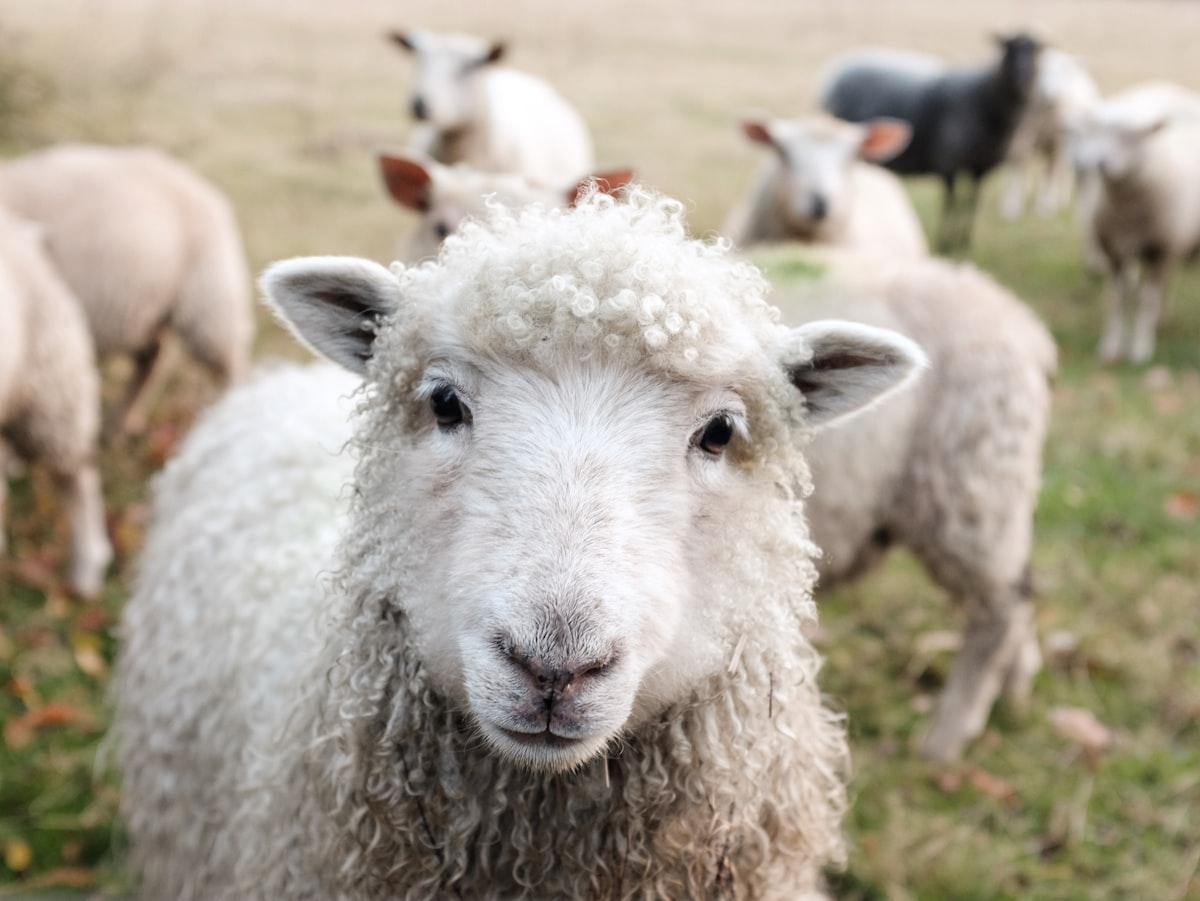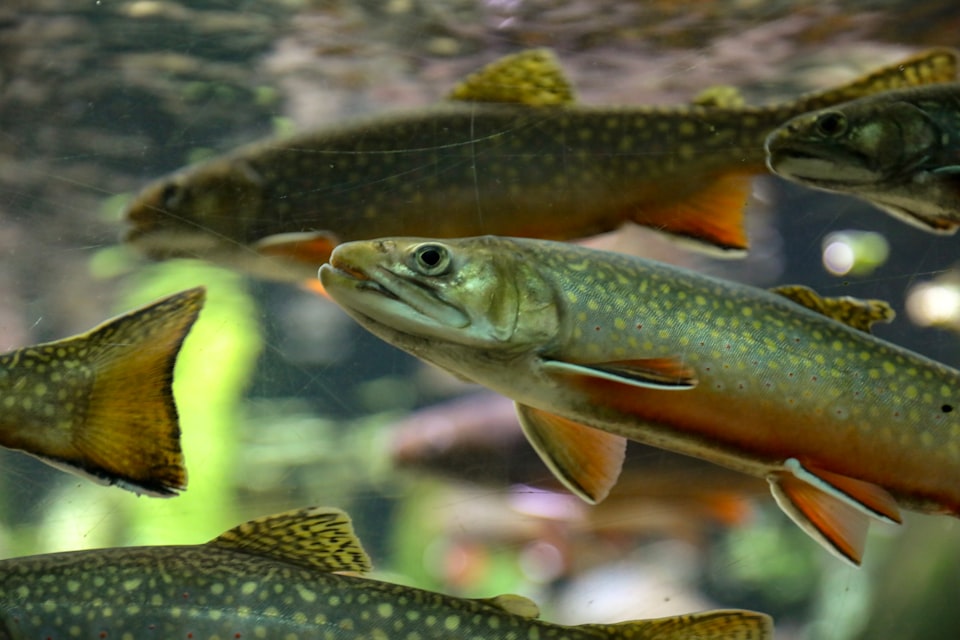V: Ewe
On the blackest sheep of the present century.

Good morning. Today is quintidi, the 15th of Thermidor, Year CCXXXI. We celebrate la brebis, a female sheep.
I became obsessed with wolves in middle school after seeing some posters in the poster store at a mall (geez, I'm old) featuring photography by Jim Brandenburg. To nurture my interest, my parents bought me his newest book at the time, Brother Wolf, a coffee table tome that collected some stunning photographs alongside essays describing how the domestication of dogs altered humanity, making our social structures that were then just forming into civilization resemble the pack behavior of wolves. His thesis was that humans and wolves learned from each other, and therefore it's our duty to treat them with respect and conservation. A noble idea, but I really glommed onto the "humans learned our behavior from wolves" idea a bit too strongly. It's a flattering notion, in some ways. Being wolf-like excuses anti-social behavior in the name of social climbing. Wolves have an alpha. Once you're that alpha, the wolves do what you say. Kings and corrupt presidents have learned this lesson too well.
But there's another animal we domesticated almost at the same time as wolves. And there's psychological evidence that, in many ways, our behaviors – particularly our blind spots – mirror that other animal more closely than the purely predatory instincts of canines. What if we're sheep?



